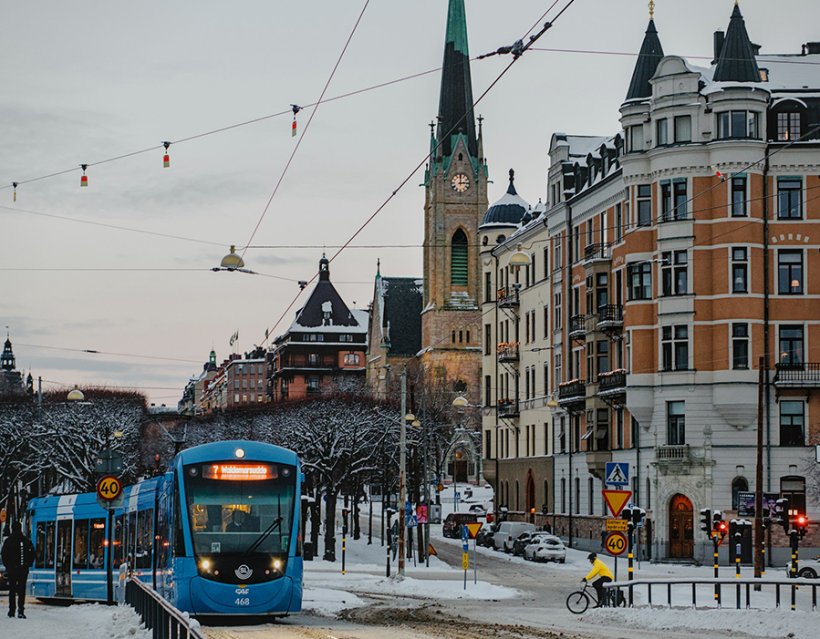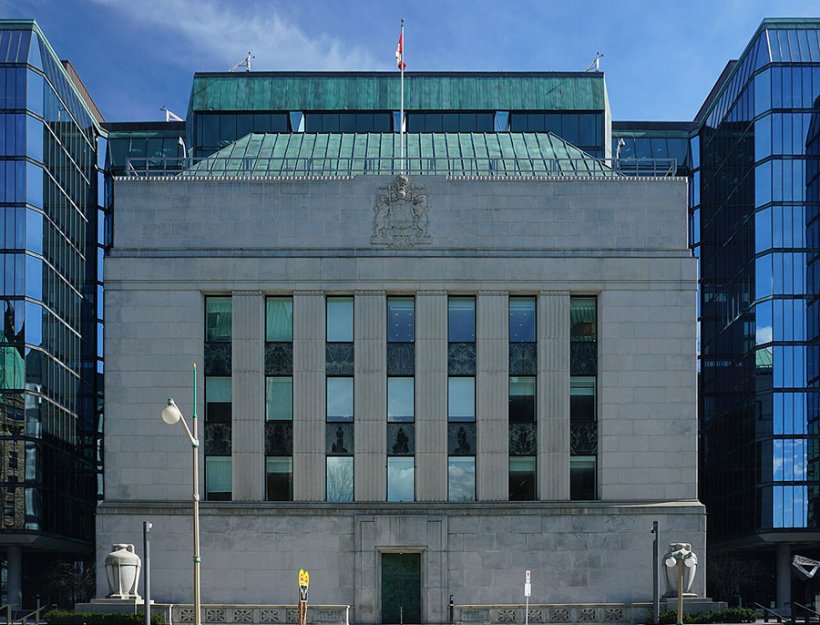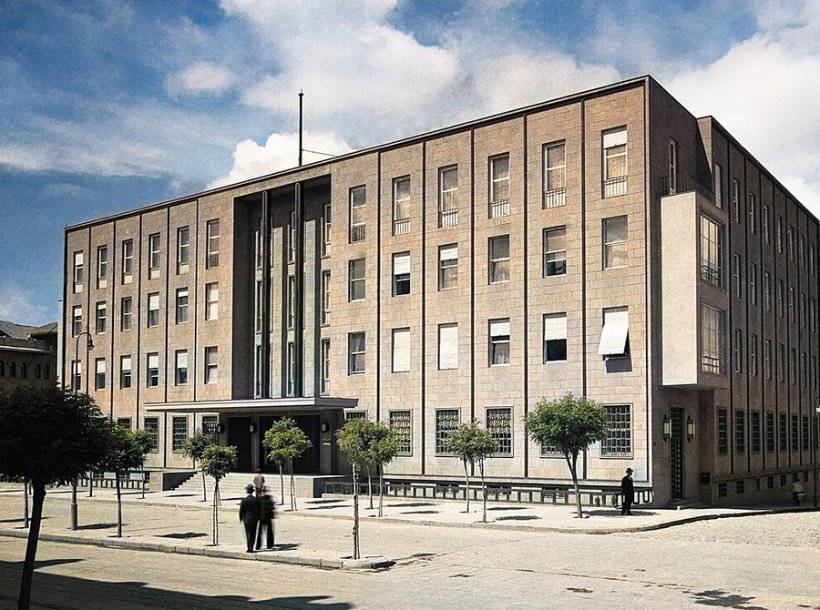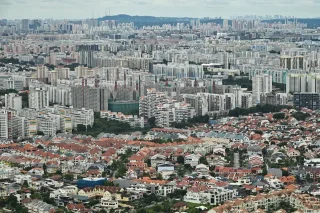Housing Prices in Portugal Near Two-Year Record High
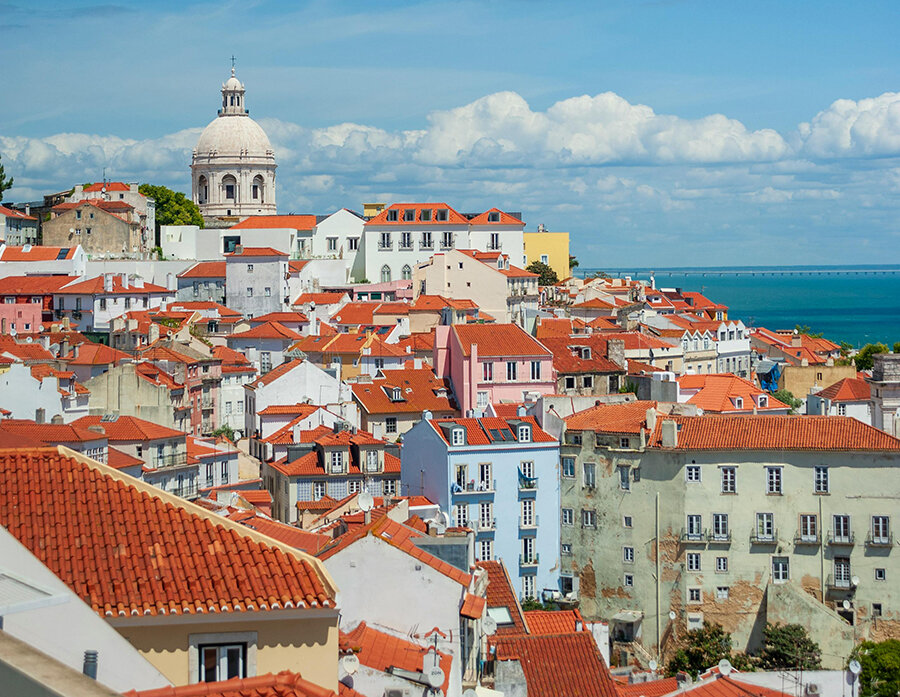
In the third quarter of 2024, housing prices in Portugal rose by 9.8% compared to the same period in 2023, Bloomberg reports, citing data from the National Institute of Statistics. This marks the highest increase since Q4 2022.
The total value of transactions reached approximately €9.05 billion, 28% more than in the same quarter the previous year. From July to September, 40,909 real estate transactions were recorded, an increase of 19.4% year-over-year. Prices in the secondary housing market rose more sharply than in the new housing segment.
For the first nine months of 2024, the total value of homes sold increased by 13.5% compared to the same period in 2023, reaching €23.7 billion, slightly below the 2022 record of €24.4 billion, Reuters reports. The Lisbon metropolitan region and the wealthy northern region had the highest prices. Portuguese tax residents accounted for 93.5% of real estate transactions, followed by EU citizens (3.37%) and non-EU nationals (3.13%).
Housing Crisis and Market Disruptions
The report highlights that Portugal's chronic housing shortage has worsened due to wealthy foreign investors drawn to residence rights through real estate investments and tax incentives offered by the government. Additionally, the tourism boom has driven up demand for short-term rentals, exacerbating housing affordability issues. This has led to protests in Lisbon and other cities, where locals struggle to afford housing.
Pedro Coelho, CEO of Square Asset Management, a Lisbon-based firm, believes that the slow permitting system is one of the main reasons for rising prices and the housing shortage, particularly in Lisbon.
"These delays in granting permits, which can take years, are critical because they ultimately drive up housing costs," he said, adding that strong foreign demand and falling interest rates are also keeping prices high.
Foreign Buyers Driving the Market
The housing shortage coincides with an influx of foreign buyers, including affluent Americans, who have flocked to Portugal in recent years for its sunny climate and lower cost of living. Since 2018, the number of foreigners in Portugal has more than doubled, now reaching a record 1 million people, or approximately 10% of the total population.
Growing public frustration over surging home prices prompted the Portuguese government to remove real estate investments from its "Golden Visa" program in 2023. This five-year residency program previously allowed investors to obtain a residence permit through property purchases. The government also cut tax breaks for new residents to cool the housing market. Despite these measures, Portugal's social housing share remains one of the lowest in the EU, at just 2%.
Future Outlook and Continued Price Growth
The Portugal News predicts that housing prices will continue to rise until at least 2026 due to structural problems in the construction sector and growing demand. While material costs have stabilized, the shortage of construction workers—exceeding 90,000 professionals—remains a major constraint.
Comparing 2015 and 2023, property prices have surged by 105.8%. The average housing price in the first 10 months of 2024 increased by 11% year-over-year. Foreign investments in the real estate sector exceeded €2.5 billion, while net migration reached 155,000 people in the previous year, further fueling demand.
Despite rising demand, housing supply remains limited. In 2024, only 28,000 new housing permits were issued—insufficient to meet market needs. Falling interest rates and government incentives, such as tax breaks for young buyers, have further driven demand. However, bureaucratic delays and government programs like the Recovery and Resilience Plan (PRR) have worsened supply constraints.
Government Response and Housing Policies
Portugal has launched the "Build Portugal" program to address these issues through financial incentives, urban planning reforms, and affordable housing support. The 2025 state budget allocates €2.8 billion for accelerating construction and social housing renovations, aiming to deliver 59,000 new housing units by 2030. However, analysts warn that the impact of these measures will be felt only in the medium term, while current challenges remain unresolved.
Forecasts suggest that housing prices in Portugal will continue to rise, despite the stabilization of interest rates. The future of the housing market depends on effective policy implementation, particularly regarding affordable housing.
Innovative solutions, such as modular and industrialized construction, could help address the supply crisis. Additionally, the government has approved land development in previously protected areas, including national reserves, to increase housing supply.
This controversial decision was made without public consultation or parliamentary voting, sparking backlash from environmentalists and urban planners concerned about irreversible environmental damage.
Under Portugal's Constitution, at least 10 lawmakers can request parliamentary review of any government-approved legislation within 30 days of its publication.
Such a request has already been filed by the Left Bloc, eco-socialists Livre, the Communist Party (PCP), and the Greens (PAN), calling for a reconsideration of the law.







